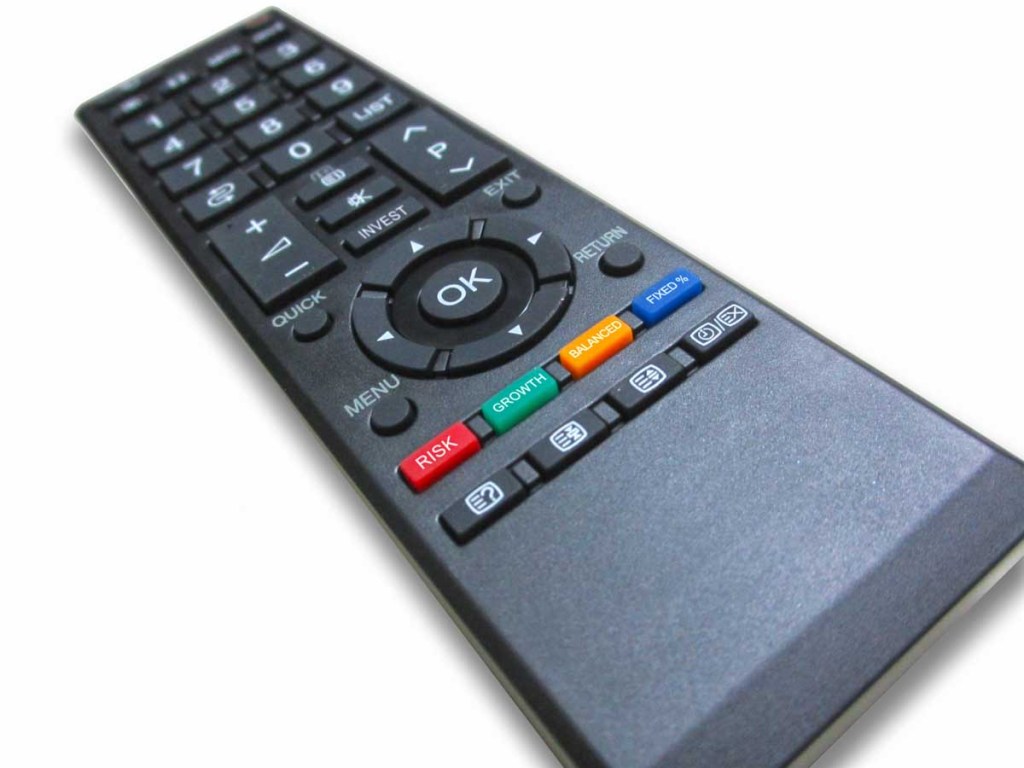Netflix ditches movie streaming distributor to focus on its own content
Published 7:30 pm Tuesday, September 1, 2015

- Netflix ditches movie streaming distributor to focus on its own content
Netflix on Sunday announced that it would not be renewing a contract with Epix, a cable and satellite network that distributes major blockbuster movies. Instead, the streaming giant said, it’s going to focus more on investing in its own content. Not to be outdone, Hulu announced that it had swooped in and picked up the Epix contract that Netflix let lapse.
That may sound like a bunch of corporate nonsense talk that doesn’t affect you — why do you care how Netflix or Hulu spends its money? But you should take notice if you’re a Netflix customer. This decision offers you a good opportunity to reevaluate how you’re spending your dollars. It’s easy to let your subscriptions linger on forever, but as these services evolve you may be spending cash on something you don’t really want. Finding the best option, more or less, comes down to how you like to watch streaming video.
Hulu, with its connections to the television world, is aimed more at people who like current content. Yes, Hulu has a deep backlog of episodes from shows both past and present, but its distinguishing factor is that it lets you watch episodes that have just aired. Just look at its front page, which highlights new content and movie trailers — future-focused content — alongside the popular shows. With the Epix deal, it can build out its recent movie offerings even further.
Netflix, meanwhile, is generally better for movies and for binge-watching — especially if you’re no fan of commercials. It’s sort of the “slow food” equivalent of streaming. It’s not so much for catching up, but for diving into a show that you want to take time to watch.
That’s not to say there isn’t new content on Netflix. But, moving forward, the company is sinking its resources into producing its own shows and movies — more like a TV channel and movie studio that also happens to have a huge catalog of older stuff on-demand. In ditching Epix, Netflix simultaneously reminded its customers that it is working on its own films with big names such as Idris Elba, Adam Sandler, Sofia Coppola and Judd Apatow.
“Just like we’ve changed the game for TV watchers by releasing entire seasons around the world at the same time, we have begun making movies that will premiere on Netflix globally and in some cases, simultaneously in theaters,” wrote Ted Sarandos, Netflix’s head of content, in the post.
Not everyone is convinced about Netflix’s strategy. The company’s stock was down about 1.3 percent Monday midday after its announcement. This is not necessarily a great time to be boasting about a shrinking catalog, after all. Netflix is looking at heavy competition from its traditional rivals also investing in original content, and from channels such as HBO launching their own services.
Not only that, there’s great expectation that Apple will jump into the streaming video world in a big way; it’s rumored to be announcing a new $200 set-top box next week, ahead of an anticipated live-TV and video service.
The average consumer probably comes away from all of this news with one question: Who do I have to pay to get a pretty good streaming service in my living room?
Hulu is now poised to become a good option, thanks to its Epix deal, if you like some new movies mixed in with your TV viewing.
But if you’re a person who’s most interested in the newest movies — what we used to call the latest DVD releases, if you will — your best bet may be to head to the modern equivalent of the video store. You can rent or buy the more recent flicks you want from places such as Apple’s iTunes, Amazon’s Instant Video, Google Play, Microsoft or Vudu. In many cases, there’s no subscription required. This can get pricey if you’re renting or buying a lot of movies per month, but it could let you drop a subscription fee if current offerings aren’t meeting your needs.
One good way to evaluate how you really want to spend your entertainment dollars is to try out different services. Subscriptions add up, but you can try suspending an account and then come back to it if you find you miss it. Netflix, for example, will save your preferences for up to 10 months after you cancel. Over at Hulu, you can put your account on hold for as long as 12 weeks while you evaluate what you want to do.




